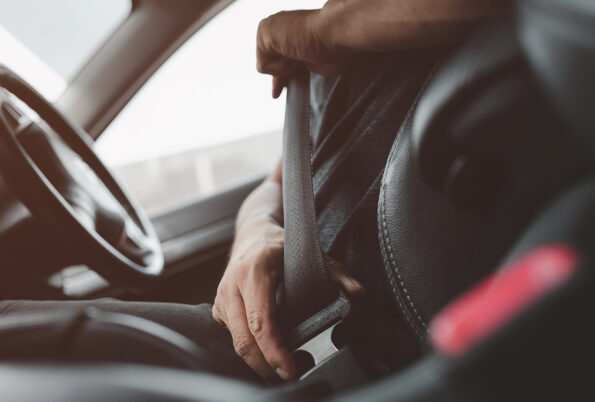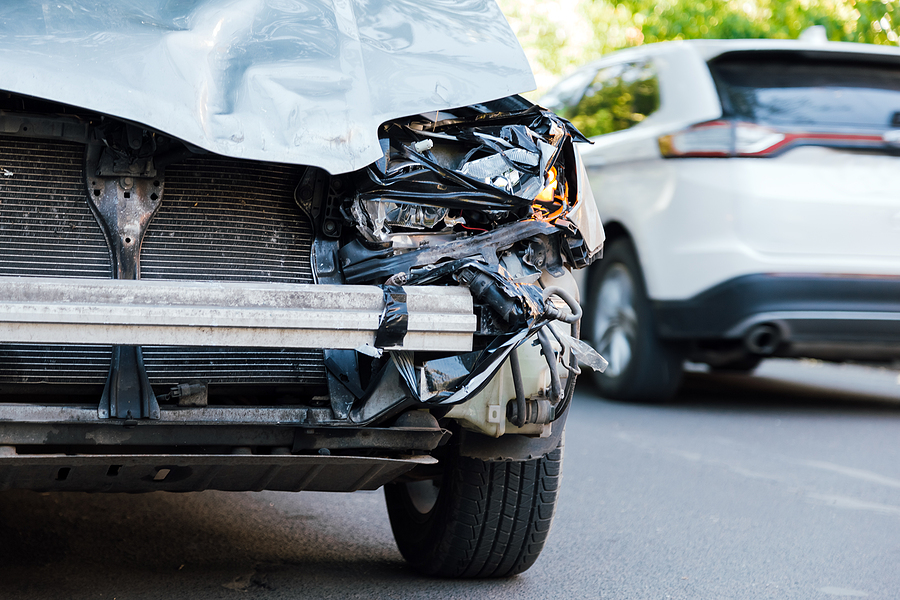Driving is one of the great conveniences of the modern era. We can get from point A to point B quickly and comfortably and for far less money relatively than it would take in other time periods. Of course, driving isn’t without its drawbacks. Given the speed vehicles are going, safety is something that needs to be considered when you get behind the wheel. The following will explore several things you can do to help increase your feelings of safety while on the road as well as reduce the risk of harm.
Know Your Limits
This is often one of the least emphasized points when it comes to driving safety, but it is extremely vital to reduce risk. If you’re tired or emotionally drained, or mentally overtaxed, driving isn’t a good idea. Unfortunately, all too often, the days when someone is exhausted or overwhelmed are the days when they feel as though they have to get things done; these are days when people are pushed to their absolute limits. These days, it is critical that you learn to say no. Too bad if you’re not going to be back in the city for work tomorrow. Too bad if your friends who live out of town wanted you to come over. Likewise, if you just had a breakup or are dealing with a death in the family or have been let go from your job, or are experiencing anything that has completely taken over your mind, don’t drive. When you need rest, rest; don’t drive.
Have A Plan Of Action
Of course, no one wants to get into an accident, but it’s a good idea to know what to do just in case you find yourself dealing with the aftermath of one. First and foremost, you need to understand that law enforcement might not gather all the evidence needed. They try, but they’re also balancing people’s safety and the importance of directing traffic and getting things flowing again. It’s a good idea to take your own photographs, both of close-up things as well as wider shots of the whole scene. One car accident lawyer in Clayton emphasizes that you also want to save receipts, bills, invoices, and letters from insurance companies as these can be used to help determine the cost of your accident. And of course, don’t sign or agree to anything until you’ve spoken to a lawyer as, often, once you’ve taken one course of action, you have forfeited your rights to pursue other paths even if you later find out they would be in your best interest.
Be Cognizant Of The Conditions
This point is especially important if you live in an area where it gets snowy or icy but also applies to areas with hurricanes, torrential rain, mudslides, floods, and forest fires. Learning how to drive in icy conditions and choosing not to drive when the roads are bad are both parts of being a safe driver. If ever you don’t feel confident while driving due to conditions, pull over and wait for the weather out. It’s better to be safe than sorry, and even if you manage to handle the weather fine, there’s a higher chance other drivers are going to be struggling as well, and this can mean an increased risk of accidents.
Practise Defensive Driving
Defensive driving is an approach to driving that focuses on keeping yourself safe and reducing the chances of getting into a position where an accident is likely. You can read about techniques online, or you can take a course in defensive driving. As a bonus, these courses often result in a lower insurance rate if you pass along the certification to your insurance provider.

Trust Your Instincts
Humans are animals as much as we pretend we aren’t, and that means we learned how to survive using our instincts for thousands of years. If something feels off, investigate it. If another driver is giving you a bad feeling, get away from them as soon as it is safe to do so. Far too often, people sense that something isn’t safe before the negative ramifications present themselves. Listen to your instincts while driving.
Keep Your Vehicle Maintained
Sometimes accidents aren’t caused by drivers but by malfunctioning vehicles. Keep your vehicle well-maintained and deal with issues as soon as they arrive. All too often, something that starts as a funny noise can become a bigger issue if it’s not dealt with.
The above information should help you stay safe on the road. If you are researching this information having just experienced an accident, it’s important that you devote time to your mental health and recovery. Accidents are the number one cause of PTSD in America, and strong emotional reactions to driving can impede focus and ability. Speak to a trusted friend, family member, or mental health professional if needed.
Image Source: BigStockPhoto.com (Licensed)
Site Disclaimer
The Content in this post and on this site is for informational and entertainment purposes only. You should not construe any such information or other material as legal, tax, investment, financial, or other advice. Nothing contained on our Site constitutes a solicitation, recommendation, endorsement, or offer by HII or any third party service provider to buy or sell any securities or other financial instruments.
Nothing in this post or on this site constitutes professional and/or financial advice. You alone assume the sole responsibility of evaluating the merits and risks associated with the use of any information or other content in this post or on this site.
You recognize that when making investments, an investor may get back less than the amount invested. Information on past performance, where given, is not necessarily a guide to future performance.
Related Categories: Cars & Vehicles, Reviews, Safety







